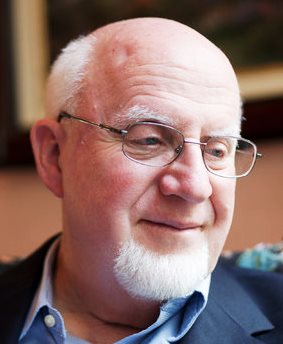
For several years, Sara Faye and I have requested absentee ballots in advance of election day (this November 8), enabling us to vote for our candidates of choice while avoiding the traffic jams and long lines that mark the day. I have carefully avoided stating my personal opinion regarding political candidates or parties, although many Christians consider their preferences to be not only clear and obvious but the only moral conclusion. I prefer to look for biblical principles equally applicable to all sides, an approach that calls for individual discernment and allows for private conscience. The first-century world knew nothing of democratic elections, but its citizens held a variety of opinions concerning their relationship to the occupying Roman legions–a variety found even among Jesus’ own band of hand-picked disciples–Matthew the tax collector and Simon the Zealot.
Israel of Jesus’ day was occupied by Roman soldiers and ruthlessly controlled by imperial power. The Jews related to this objective reality in a variety of ways. The Sadduccees chose to cooperate with Rome, and controlled the politicized Temple establishment. The Pharisees seemed to ignore overtly political realities to focus on “spiritual” issues such as the proper way to observe the Sabbath. The Zealots endorsed armed resistance, whether by full-scale rebellion or by the lone-wolf terrorist wielding a small knife called a secarius, who melded into a crowd of pedestrians and stabbed a soldier or other Roman sympathizer. The Essenes of Qumran were separatists who dismissed wicked society as a whole, moving into the desert near the Dead Sea to seek and practice “pure religion”. (Even they, however, anticipated a final battle between the Sons of Light and Sons of Darkness.)
These ancient reactions might sound familiar in terms of our own options. Since we choose our rulers, on what should a Christian base that decision. Do we choose between party platforms, soon forgotten, or broad policies, often ignored? Should we focus on the candidates’ personal morality — words and actions, attitudes and perceptions, personal history and public record? Or should we attempt to wash our hands of the whole matter and abstain from the process altogether. On this subject, it is difficult to know the right questions, much less to know the right answers. (More to come.)